In this book, the author attempts to re-construe an Indian ecclesiology vis-à-vis the narrowly defined ideals of Hindu nationalism in contemporary India by analyzing and investigating the ecclesiological thoughts of Martin Luther, the 16th century Protestant Reformer. The book brilliantly places the teachings of the Reformer within ‘the social and historical travails of that time and brings them to bear on the ongoing constructive task of living into a relevant and appropriate Indian ecclesiology (and thereby, Indian Christian theology) today’.In this process, it is being maintained that the Indian Church must transform itself into a “Perichoretic Communion”, in which the diverse Christian ethnic groups and the plurality of cultures of India must interpenetrate in order to form one unit, while keeping their respective ethnic, linguistic and cultural identities intact. The author draws his insights from Luther’s fundamental theological/ ecclesiological principle: unity of the opposites or distinction and integration, and passionately proposes that it must be the principle of the Indian Church today. This theological writing presents an important and pioneering opus. It clearly focuses on contemporary contextual issues, concerns and challenges, and offers insights of general validity, not only for the Indian world but also from a global perspective. It is a timely volume and is well advised for the worldwide Church and the public at large.
Qur’anic Foundations and Structure of Muslim Society (In 2 Volumes)
The basic function of this ...
$43.20
$48.00

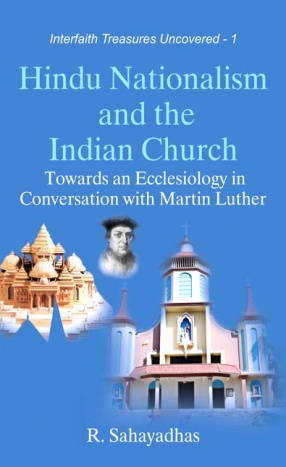
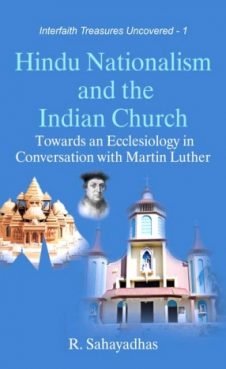
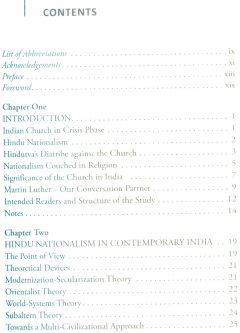

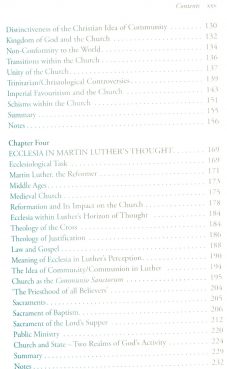
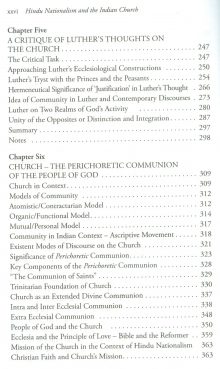


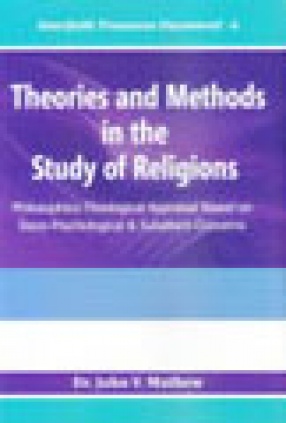
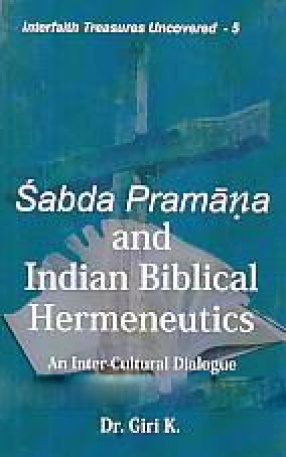
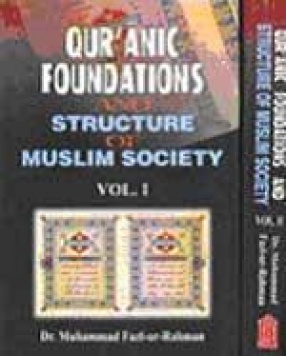

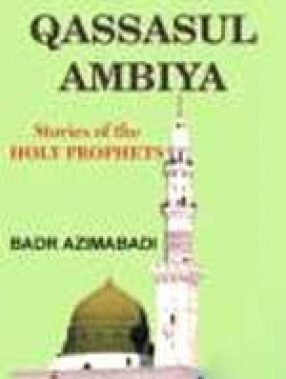
There are no reviews yet.